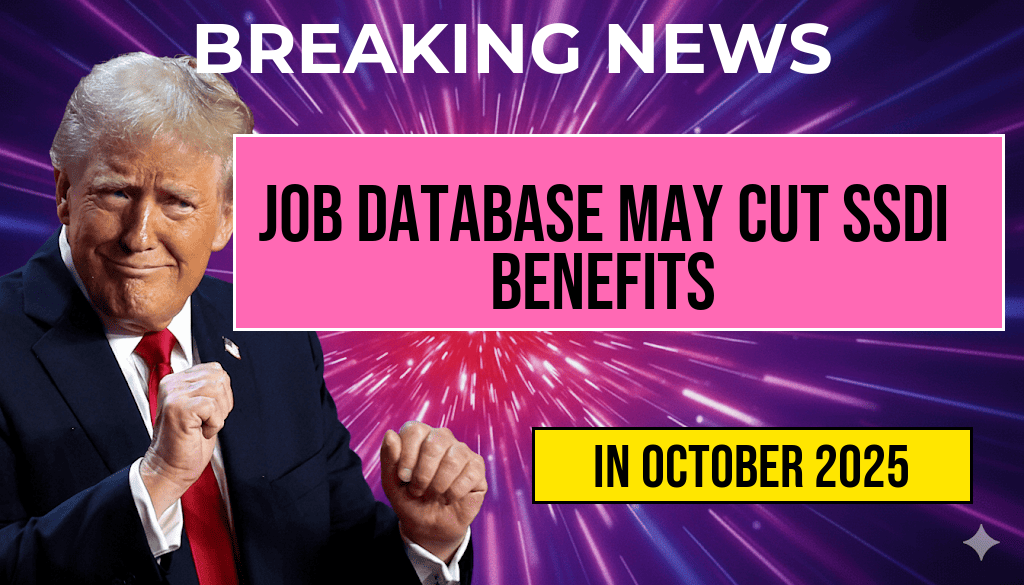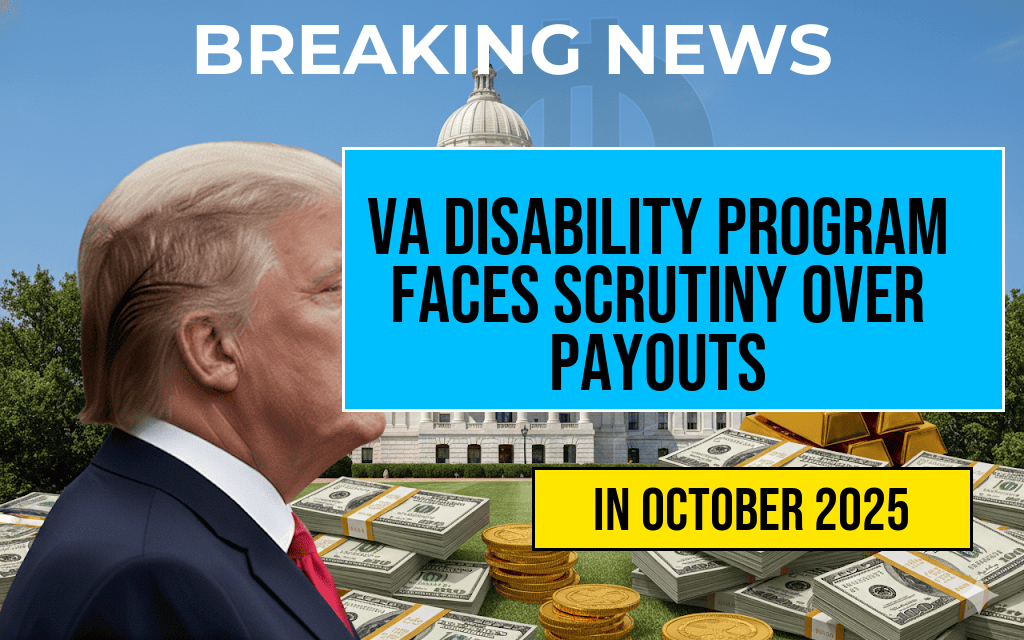A recent decision by the Social Security Administration (SSA) to reverse a rule regarding Supplemental Security Income (SSI) eligibility has sparked significant concern among advocates and beneficiaries alike. The change could potentially impact around 400,000 individuals, leaving them vulnerable to benefit cuts that may exceed hundreds of dollars each month. This shift in policy, which affects those who receive SSI due to disabilities or financial hardships, raises questions about the future of support for some of the nation’s most vulnerable populations. Experts warn that the consequences of this reversal could lead to increased poverty and hardship for many who rely on these essential benefits.
Understanding the SSI Eligibility Rule Change
The SSI program provides essential financial assistance to individuals with limited income and resources who are aged, blind, or disabled. The recent reversal impacts a specific guideline that previously allowed for more favorable determinations of eligibility. Under the old rule, certain types of income and resources were excluded from the SSI eligibility calculations, enabling more individuals to qualify for assistance.
The Potential Impact on Beneficiaries
- Loss of Benefits: The reversal could lead to significant reductions in monthly benefits for those who are now deemed ineligible.
- Increased Financial Strain: Many beneficiaries rely on SSI to cover basic living expenses; losing this support could push them further into poverty.
- Healthcare Access: For some, the loss of SSI may also result in losing Medicaid, complicating access to necessary medical services.
Advocates for the disabled are voicing their concerns about the ramifications of this policy change. According to the Forbes Human Resources Council, the reversal is seen as regressive, especially given the economic challenges exacerbated by the COVID-19 pandemic. Many beneficiaries are already living on the edge, and further cuts could lead to dire consequences.
Advocacy Groups Respond
Various advocacy organizations have begun mobilizing to fight against the reversal. Groups such as the National Alliance on Mental Illness (NAMI) and the National Disability Rights Network are urging the SSA to reconsider the implications of this policy. They argue that the agency has a moral obligation to support those who are unable to support themselves due to disabilities or economic hardship.
“This decision is a step backward,” stated a spokesperson for one advocacy group. “We cannot allow bureaucracy to strip away the lifeline that many individuals rely on to survive.” Advocates are calling for public hearings to address the issue and demand transparency in how eligibility determinations are made moving forward.
Economic Implications
The financial ramifications of this rule reversal extend beyond individual beneficiaries. Economists warn that widespread cuts to SSI could have a ripple effect on local economies. Beneficiaries typically spend their benefits on essential goods and services, which supports local businesses. A decrease in SSI recipients could lead to lower consumer spending, further straining local economies already recovering from the pandemic.
Next Steps for Affected Individuals
Individuals who currently receive SSI or are affected by the rule change are encouraged to stay informed about their eligibility status. Those facing potential cuts should consider reaching out to local advocacy groups for assistance. Legal aid organizations may also be able to provide guidance on appealing eligibility decisions and understanding the implications of this rule reversal.
As this situation develops, beneficiaries and advocates will be closely monitoring any new information or policy changes from the SSA. The importance of SSI as a safety net cannot be overstated, and the fight to preserve its integrity continues.
Further Information
For more details about the SSI program and recent updates, interested individuals can visit the Social Security Administration’s official website or refer to resources from the Centers for Disease Control and Prevention (CDC).
Frequently Asked Questions
What is the SSI rule that is being reversed?
The SSI rule in question involves regulations that affect eligibility for Supplemental Security Income benefits. The reversal of this rule could impact a significant number of individuals who rely on these benefits for their financial support.
How many people are at risk due to the reversal of the SSI rule?
Approximately 400,000 individuals may be at risk of losing their SSI benefits due to the changes in the rule, which could lead to serious financial consequences.
What potential financial impact could beneficiaries face?
Beneficiaries could see benefit cuts that may exceed hundreds of dollars each month, significantly affecting their ability to cover essential living expenses.
Who is most affected by the reversal of the SSI rule?
The individuals most affected are those who currently receive Supplemental Security Income and may lose eligibility due to the new changes, potentially putting them in financial jeopardy.
What actions can affected individuals take in response to this rule reversal?
Affected individuals should consider reaching out to advocacy groups or legal aid organizations that specialize in Social Security benefits to explore their options and understand their rights regarding the changes.








